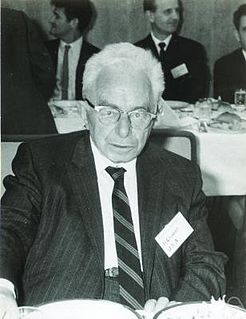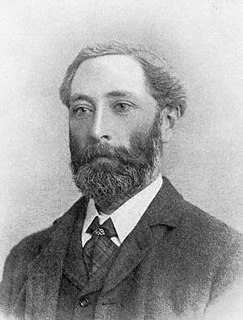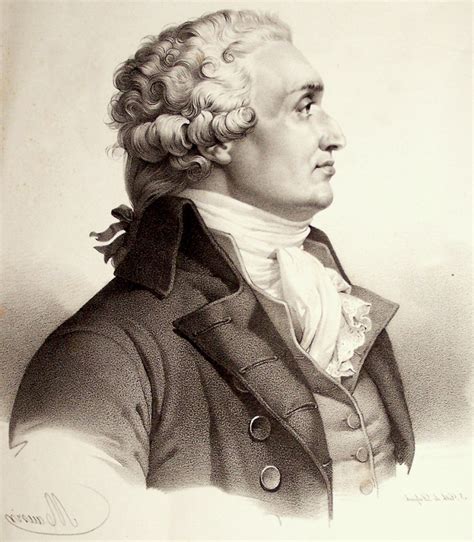A Quote by Richard Courant
With an absurd oversimplification, the 'invention' of the calculus is sometimes ascribed to two men, Newton and Leibniz. In reality, the calculus is the product of a long evolution that was neither initiated nor terminated by Newton and Leibniz, but in which both played a decisive part.
Related Quotes
You'll remember Newton was furious at Leibniz, because he developed calculus at the same time. And he went to his death believing that he had copied him. And no, it's because all the elements were there, so it's almost inevitable that the next discovery - as long as people are free and allowed to experiment and try new things.
I was trying to run something to ground that had come to my attention when I was working on the Baroque Cycle. That series, of course, was about the conflict between Newton and Leibniz. Leibniz developed a system of metaphysics called monadology, which looked pretty weird at the time and was promptly buried by Newtonian-style physics.
The analytical geometry of Descartes and the calculus of Newton and Leibniz have expanded into the marvelous mathematical method-more daring than anything that the history of philosophy records-of Lobachevsky and Riemann, Gauss and Sylvester. Indeed, mathematics, the indispensable tool of the sciences, defying the senses to follow its splendid flights, is demonstrating today, as it never has been demonstrated before, the supremacy of the pure reason.
Foreshadowings of the principles and even of the language of [the infinitesimal] calculus can be found in the writings of Napier, Kepler, Cavalieri, Pascal, Fermat, Wallis, and Barrow. It was Newton's good luck to come at a time when everything was ripe for the discovery, and his ability enabled him to construct almost at once a complete calculus.
The stone that Dr. Johnson once kicked to demonstrate the reality of matter has become dissipated in a diffuse distribution of mathematical probabilities. The ladder that Descartes, Galileo, Newton, and Leibniz erected in order to scale the heavens rests upon a continually shifting, unstable foundation.
Ultimately, Leibniz argued, there are only two absolutely simple concepts, God and Nothingness. From these, all other concepts may be constructed, the world, and everything within it, arising from some primordial argument between the deity and nothing whatsoever. And then, by some inscrutable incandescent insight, Leibniz came to see that what is crucial in what he had written is the alternation between God and Nothingness. And for this, the numbers 0 and 1 suffice.
There are certainly lots of jobs in computer coding, but coding doesn't really require advanced mathematics. And engineering jobs, they vary widely in the amount of demand that we actually need. So, you know, the number of people for whom the job description includes Newton's calculus is not perhaps that high.
Virtue is the habit of acting according to wisdom. GOTTFRIED WILHELM LEIBNIZ, "Felicity", Leibniz: Political Writings Virtue is harder to be got than knowledge of the world; and, if lost in a young man, is seldom recovered. JOHN LOCKE, Some Thoughts Concerning Education However wicked men may be, they do not dare openly to appear the enemies of virtue, and when they desire to persecute her they either pretend to believe her false or attribute crimes to her.





































